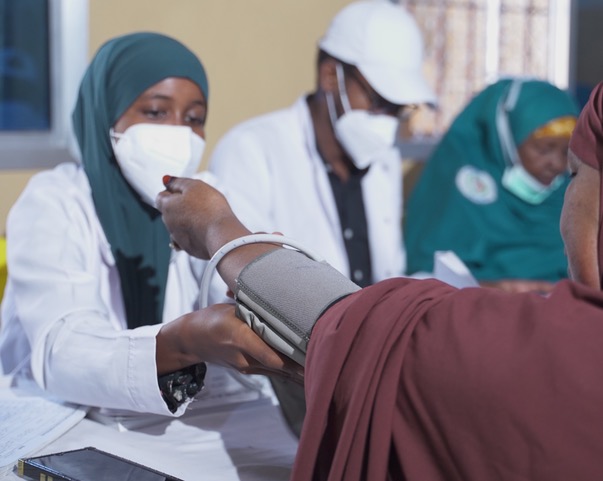The global shift toward digital health systems promises better care, improved efficiency, and stronger data for decision-making. But in many low-resource settings, the success of such transformation depends less on the availability of technology and more on the readiness of the people expected to use it. Digital literacy, i.e. the ability to confidently use computers, navigate software, and engage with digital tools, has emerged as one of the most significant barriers to equitable digital health adoption.
In Somalia, this challenge is particularly pressing. The HADDA project, a collaborative initiative supporting the introduction of electronic health records (EHR) in select health facilities, is confronting this issue head-on. While healthcare workers across Somalia have shown strong enthusiasm for using electronic health record (EHR) systems, gaps in digital literacy remain a critical concern. Many health professionals have limited experience with computers or digital tools, and even fewer have had prior experience interacting with EHR systems.
Recognising that digital transformation cannot succeed without digital inclusion, HADDA has placed end-user support at the heart of its approach. The project is not just about introducing technology; it’s about building the skills, confidence, and capacity of the health workforce to use that technology effectively. Through tailored training programs, continuous technical support, and accessible online learning materials, HADDA is working to ensure that all healthcare workers, regardless of their starting point, are equipped to participate in the digital future of healthcare.
The project’s training model is designed to meet users where they are. From basic computer literacy to hands-on use of EHR systems, training content is tailored to different professional roles and experience levels. Ultimately, HADDA’s experience underscores a crucial lesson for digital health initiatives everywhere: technology alone is not enough. Real change requires investment in people.

